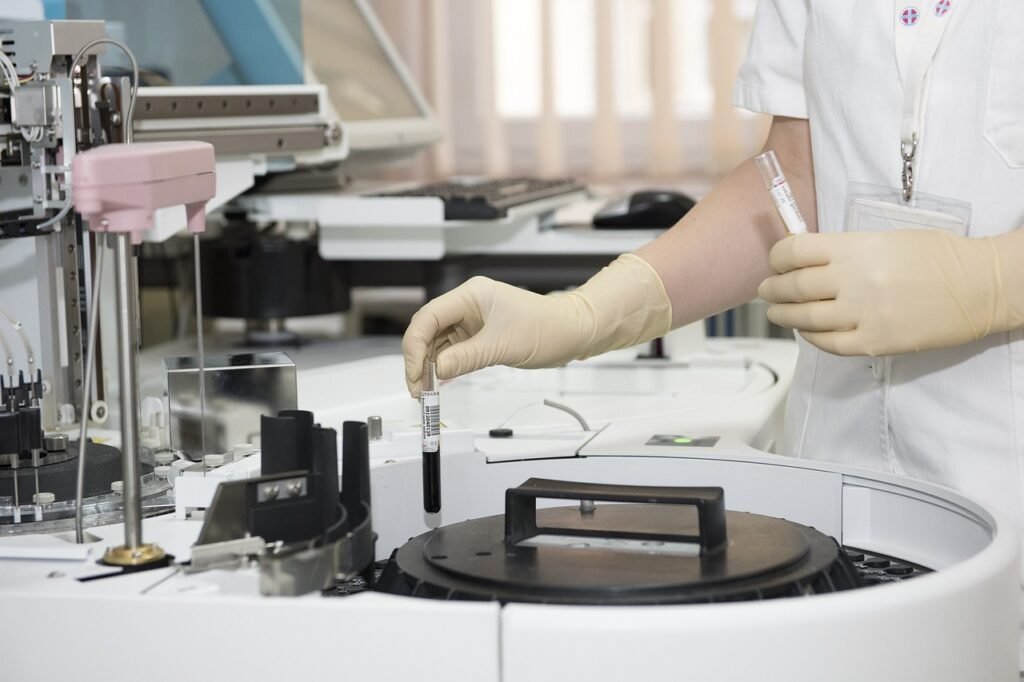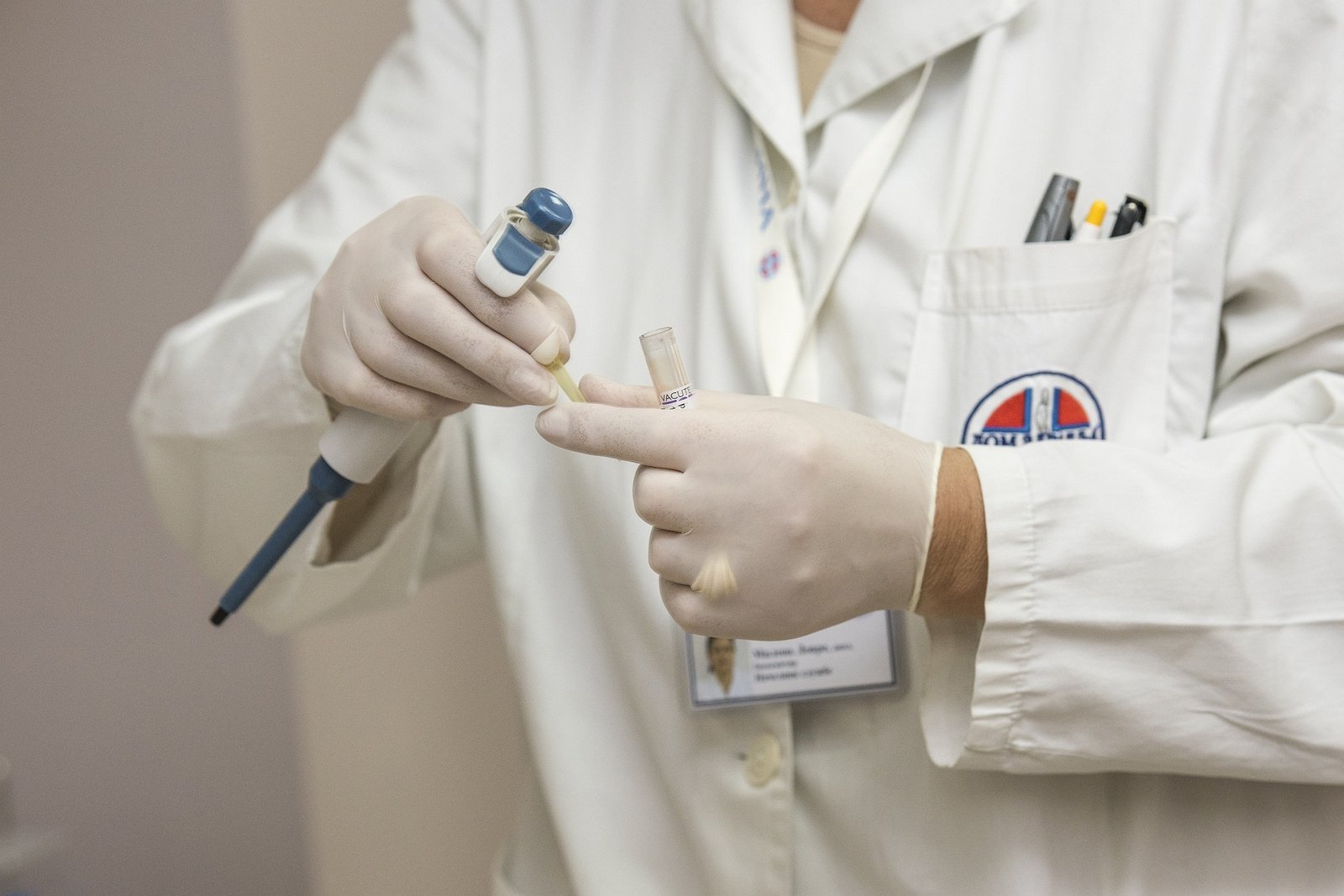Autoimmune Diseases are complex and often enigmatic circumstances where the body is unable to properly distinguish between what belongs to it versus what is foreign, hence attacking itself. There are over eighty identified autoimmune disorders that globally affect millions of individuals, causing social and economic challenges. This piece discusses how common these diseases are; their consequences and recent advancements in this area thus offering a unique perspective in regards to their effect on mankind as well as research in science.
Prevalence of Autoimmune Diseases
To grasp the scale of autoimmune diseases, consider the following statistics:
| Disease | Estimated Global Prevalence | Gender Ratio (Female) | Age of Onset |
|---|---|---|---|
| Rheumatoid Arthritis | 0.5% – 1% | 3:1 | 30-60 years |
| Systemic Lupus Erythematosus (SLE) | 0.1% – 0.2% | 9:1 | 15-45 years |
| Multiple Sclerosis | 0.1% – 0.2% | 3:1 | 20-40 years |
| Type 1 Diabetes | 0.2% | 1:1 | Childhood to 30s |
| Psoriasis | 2% – 3% | 1:1 | 20-30 years |
Impact on Daily Life
The above statement presents the fact that autoimmune diseases have a big impact on how individuals live their lives. In most cases they cause long term pain, tiredness and make movement difficult. An example of this is rheumatoid arthritis which leads to deformities of the joints as well as inability to use them whereas lupus is accompanied by rashes on the skin as well as affecting one’s kidney. Besides, unpredictability in flare-ups influences continuity of activities and employment thus inducing emotional stress and financial difficulties.
A recent survey conducted by the Autoimmune Disease Research Center (ADRC) revealed:
- 60% of individuals with autoimmune diseases report a significant decrease in their quality of life.
- 40% experience difficulties in performing routine tasks, such as household chores or work responsibilities.
- 30% of patients face unemployment or underemployment due to their condition.
These findings underscore the profound impact autoimmune diseases can have on both personal and professional aspects of life. The burden extends beyond physical symptoms, affecting mental health, social interactions, and financial stability.
Recent Studies and Innovations

Recent research is shedding light on the underlying mechanisms of autoimmune diseases and exploring innovative treatments. Here are some notable advancements:
Genomic Insights
Nature Reviews Genetics published a study in 2024 that identified novel genetic markers related to autoimmune disorders, specifically lupus and rheumatoid arthritis. Such markers may result in improved diagnostic methods and individualized approaches to treatment. In addition, it was noted how gene-environment interactions play a role in autoimmune pathologies, suggesting new lines of research aimed at reducing environmental triggers.
Microbiome Research
The influence of the gut microbiome on autoimmune diseases has been demonstrated. For example, one article in The Journal of Autoimmunity authored by me a few years back claimed that probiotics alters gut microflora; this would result in reduced inflammation and will thus alleviate symptoms linked to crohn’s disease or ulcerative colitis. Consequently, it offers chances on how to manage them through diet or treatments utilizing microbiomes which can lead towards developing novel therapeutic strategies.
Biologics and Targeted Therapies
Dr. Buchan stated on November 15, 2023, that T cells and B cells regulate the immune response. A 2023 study found that a new antibody targeting interleukin-6 (IL-6) significantly relieved joint pain and improved daily function in rheumatoid arthritis patients. This suggests that new treatments may offer better options compared to traditional drugs with side effects.
Artificial Intelligence in Diagnosis
AI technologies are increasingly being used to analyze patient data and predict disease flare-ups. A 2024 study published in AI in Medicine demonstrated that machine learning algorithms could predict lupus flares with 85% accuracy, allowing for more proactive management of the condition. AI’s role in automating and refining diagnostic processes could enhance early detection and personalized treatment plans.
Stem Cell Research
Another promising field of research that seems to be doing well is disease treatment using stem cell therapy. Recent 2024 studies published in Cell Stem Cell indicate that researchers may use stem cells not only for tissue regeneration but also for modulating the immune response against autoimmune diseases like lupus and multiple sclerosis. Preliminary results from these trials suggest that much may still need improvement in managing the disease and patient outcomes.
Patient Perspectives and Support Systems

In the knowledge of autoimmune maladies it is necessary to take into account the patience view point which is more significant. In addition to that, support systems are fundamental pillars of disease management in as much as the emotional and mental burden of chronic illness seems to transcend physical signs.
Patient Experiences: Many individuals with autoimmune diseases report feelings of isolation and frustration. A 2024 survey by the Autoimmune Advocacy Network found that:
- 70% of patients experience feelings of isolation due to their condition.
- 50% report difficulties in communicating their needs and symptoms to healthcare providers.
- 60% seek support from online communities and patient advocacy groups.
Such findings accentuate the necessity for resilient support structures that tackle both the physical and emotional challenges of autoimmune diseases. Mental health and overall well-being can be fundamentally enhanced through therapy, support groups, as well as patient education.
Support systems are crucial: organizations like the Autoimmune Disease Research Center (ADRC) and patient advocacy groups provide resources, education, and community support. Peer groups offer shared experiences and coping strategies, while advocacy groups raise awareness and fund research.
Including psychotherapists and social workers in care models helps address both medical and psychological needs. This holistic approach creates individualized treatment plans, potentially improving recovery rates and enhancing patients’ quality of life.
Economic Impact and Healthcare Costs
The economic burden of autoimmune diseases is huge and includes direct medical costs, indirect costs as well as productivity losses.
Direct Medical Costs: Diagnostic, therapeutic, and ongoing care expenses. For instance, a report published by the International Autoimmune Foundation in 2024 states that the cost of managing rheumatoid arthritis in the U.S could be above $20,000 per annum per patient after considering the medication, specialist visits and hospitalizations.
Indirect Costs: These involve wage losses occasioned by either disability or reduced work capacity. The same report showed that people suffering from autoimmune diseases might experience up to 40% decrease in their work productivity resulting in great financial losses not only to them but also their employers.
Healthcare System Strain: Autoimmune diseases also place a great burden on health systems. The increasing prevalence and complexity of these conditions require more resources for research, treatment and support to patients. These economic challenges need to be alleviated through efforts to streamline care and improve treatment efficacy.
Conclusion

Having various debilitating symptoms, autoimmune diseases pose a multifaceted challenge that affects millions across the globe. However, recent advancements in research and treatment have raised hopes for better management techniques and potential cures for such diseases. Moreover, it is essential to consider patients’ support alongside the economic burden in order to comprehensively address these conditions.
Dr. Buchan mentioned on November 15, 2023, that T cells and B cells are key in regulating the immune response. A 2023 study found that a new antibody targeting interleukin-6 (IL-6) significantly relieved joint pain and improved daily function in rheumatoid arthritis patients. This highlights how new treatments can offer advanced options compared to traditional therapies with side effects.

